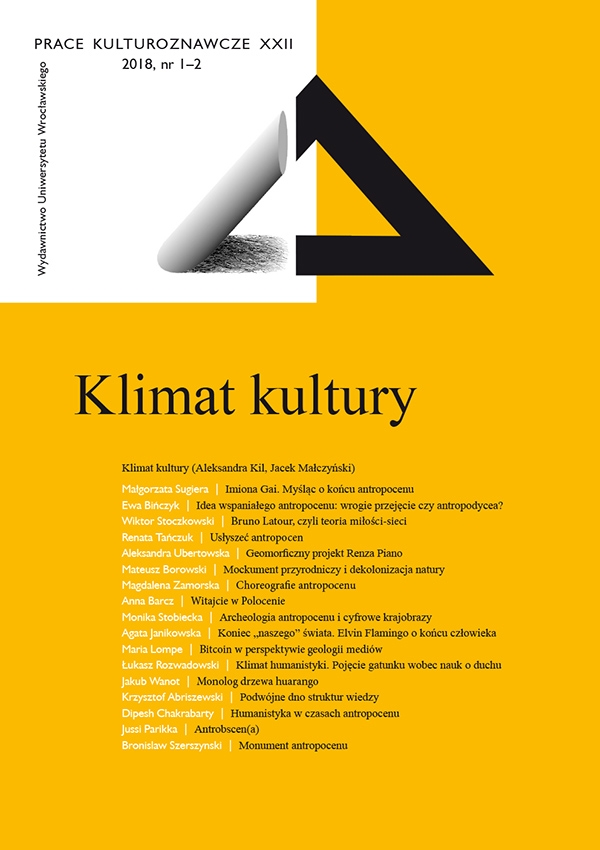

Strony redakcyjne

Bruno Latour, or love-network theory: An essay in the anthropology of knowledge
Bruno Latour is one of the most influential social science theoreticians today. Yet even his admirers admit they are at a loss when trying to grasp the guiding principles of Latourian thought. Indeed, one can’t help wondering if there is anything in common between the ethnographic observation of an endocrinology laboratory, the analysis of Charles Péguy’s writing style, the anthropological criticism of Modernism, an apocalyptic discourse on Anthropocene, the semiotic study of religious speech, the Actor-Network Theory, and philosophical inquiry into plurality of modes of existence. Latour stresses that his works are part of a “great hidden project”, although he does not bother to explain of what this project consists. In this paper, I attempt to throw light on the riddle of Latour’s “hidden project” and to figure out its meaning. My analysis is premised on the hypothesis that Latour’s system should be interpreted as a form of worldview, similar to what anthropologists used to call cosmologies when studying societies outside the Western world. Like most worldviews in the European tradition, the Latourian cosmology is rooted in the question of evil and salvation. This allows us to perceive the unity of the Latourian system, which aims at transforming the European civilization, including a new reformation of the Christian religion. Latour promises to free us from the errors of Modernism and, at the same time, to renew our conception of ontology, science, religion, politics, ecology and ethics.